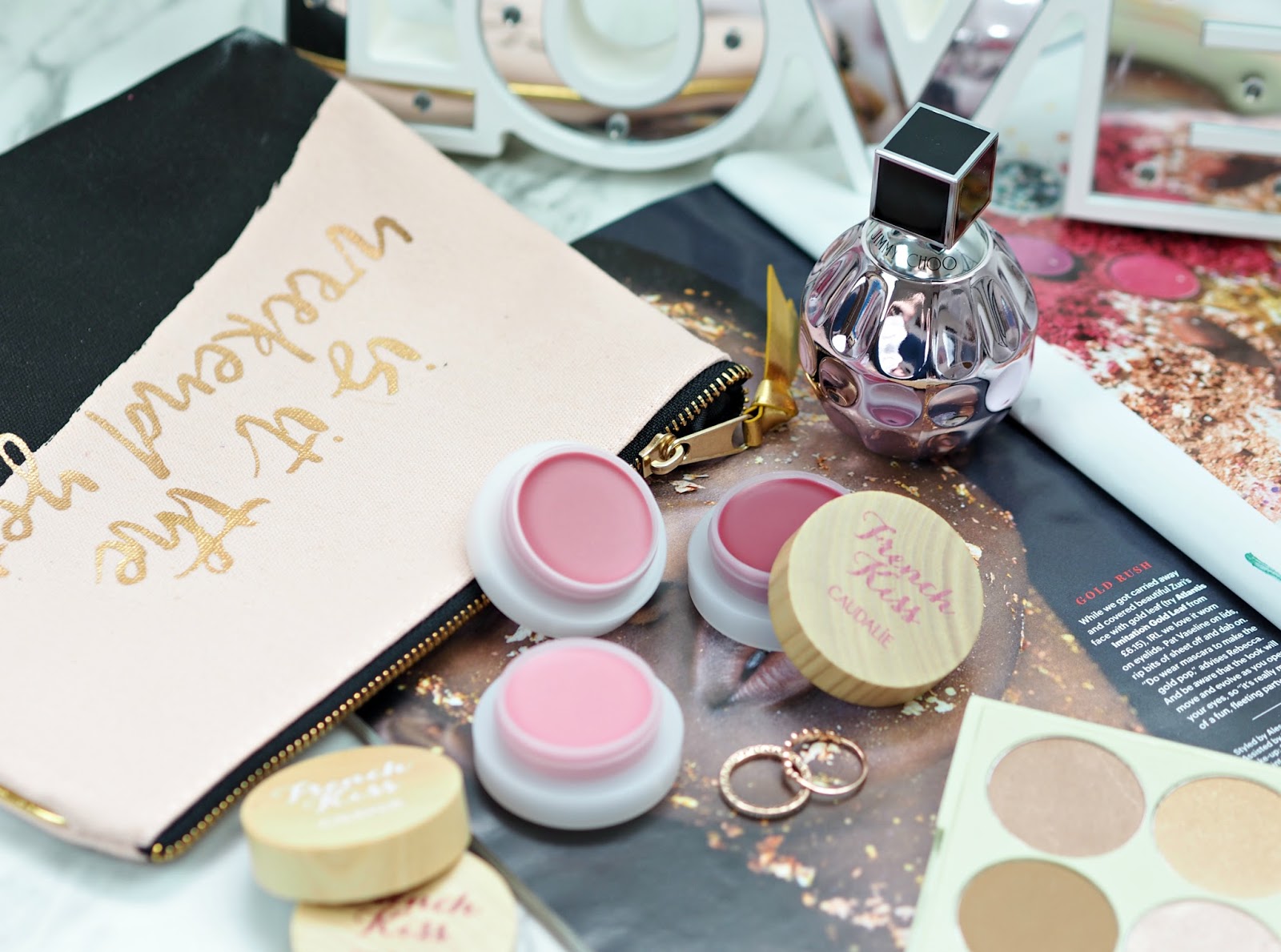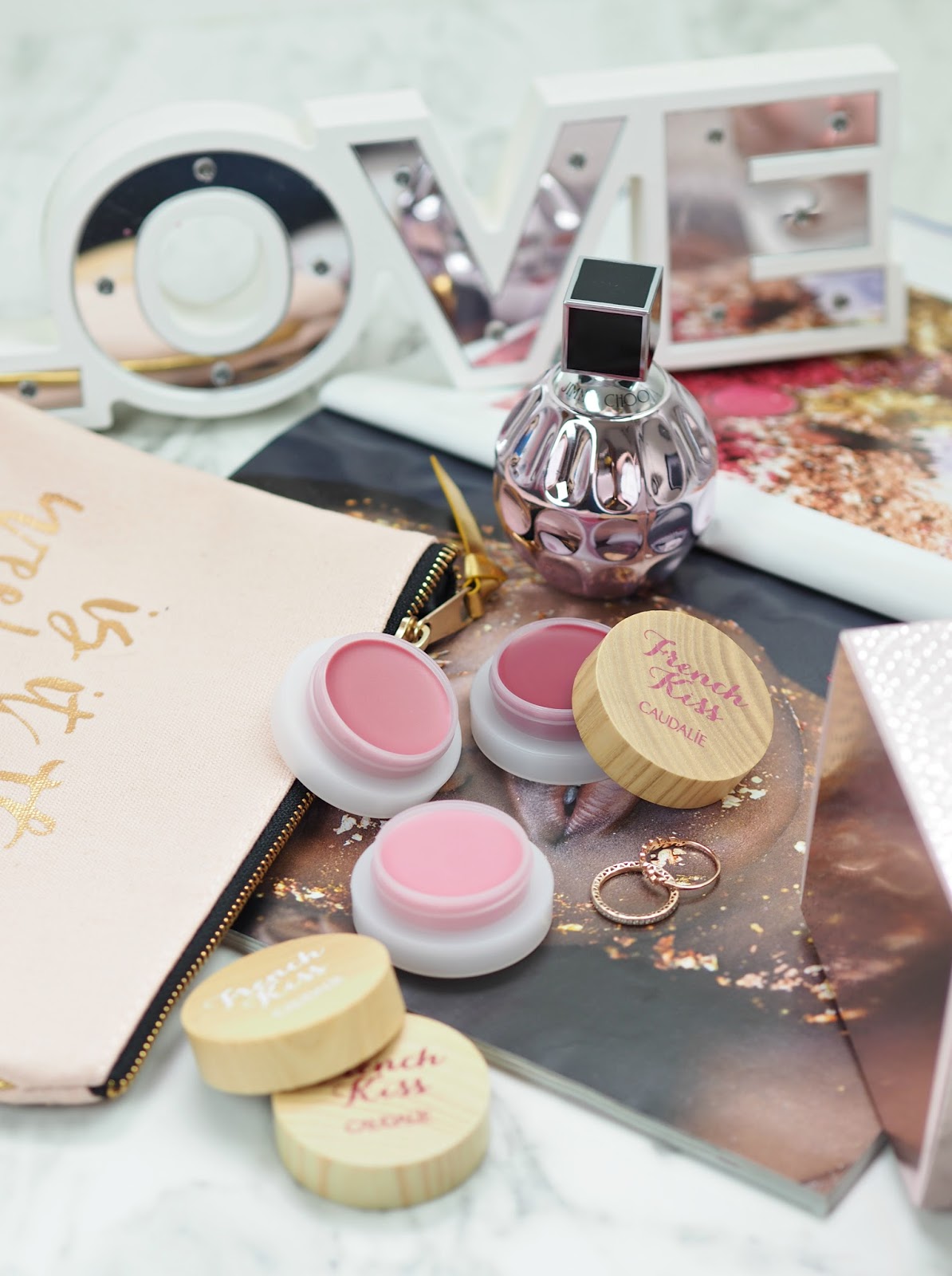Being self employed was never going to be easy, but the positives definitely outweigh the negatives. Having the freedom and flexibility to do what you want when you want, prioritising what's important to you as an individual and working towards your own bespoke goals (that you actually benefit from achieving) makes the late nights and frantic hair-pulling-out sessions all worth it. Although more and more of us are turning our backs on the traditional nine-to-fives and seeking out our own paths, one of the most misunderstood areas of running your own business (in any capacity) is the finances. As creatives we revel in the ability to craft imagery and tell stories with our words, but the money side of things can feel like a bit of a chore - and can easily get out of control if you're not careful. I've been self employed for over four years and have learned the hard way that you're not always paid, let alone paid on time, and it's easy to be taken advantage of if you don't know what you're doing. So here are some of my tips and learnings if you're looking at running your own business, want to start making money from your platforms or are simply getting in a bit of a muddle!
![]()
Working for yourself is great, but you have to be prepared to get organised and financially stable. I hope that some of my own experiences and tidbits of advice will help you on your own journey to being a kick ass business owner that's in total control of your own financial future.
![]()
SIGN UP TO MY MONTHLY NEWSLETTER HERE
EXCLUSIVE NEWS, GIVEAWAYS & INFO ON WHAT YOU'VE MISSED!
Features PR samples unless otherwise stated. To read my full disclaimer, click here.
![]()

HAVE A BOOKING FORM & AGREE A SCOPE OF WORK
SPREADSHEETS ARE YOUR FRIENDS
I have to admit I run pretty much everything via a spreadsheet, as it's the easiest way to display information and track what's going on, but when it comes to finances in particular - spreadsheets are your friends. You need to track everything you do (both incomings and outgoings) in order to calculate your expenses and how much money you're actually making. Not only is this vitally important for when it comes to paying your tax bill, but important for when you need any kind of credit or contract; one of the first things they'll ask is how much money you earn, which is impossible to tell if you don't track it. I've created this example spreadsheet if you need a helping hand or more info, which outlines in a simple way how you can keep track and use that info later down the line; I hope it helps! In order to cover your own back, it's always advisable to have a booking form of some description which you can send to any brand that wants to secure activity with you. This provides a way for them to outline all the information you need to include, their specific objectives and an overview of the agreed scope of work; it's a document for you to refer back to, but it also provides a safety net for the future if there is any discrepancy in expectation or deliverables. It can also work as a contract too, so that from a legal point of view there is something in writing to confirm that you've been commissioned for a set piece of activity. If you'd like an example or something to work from, I've uploaded a document I use and works well for me here.
SPREADSHEETS ARE YOUR FRIENDS
YOU DON'T *NEED* AN ACCOUNTANT
Unless you're utterly useless with finances and numbers, you really don't need an accountant. Sure, they'll take a lot of the stress out of your financial situation and will probably help to save a bit of money in the long-term, but they can also be a big commitment and investment. As long as you track everything and use all the spreadsheets you need, it just means you have to work out what to fill in at the end of the financial year. I hear a lot of mega bloggers talking about their accountant, but unless you really need one or are in a financially fortunate position to be able to afford one, don't worry about scrimping some money together to pay for someone else to do the hard work. (I also personally think it's important to stay on top of your own finances so you can manage your business effectively.) USE A PROFESSIONAL INVOICING TOOL
I can't tell you how much easier it makes my life having a professional and easy to use invoicing tool. My personal choice is Invoicely (it's free, but there are plenty of other free tools out there too!) as it helps me to easily create a template with all my details on, including header and logo, and raise a new invoice every time I'm commissioned to do a new piece of work. It even generates invoice numbers so you can track who's paid you (a very important lesson I learned early on - having invoice numbers helps to identify payments as they're often not from an easily identifiable source) and collates all the info in easy to understand graphs too. Downloading invoices as a PDF and always having online access to old invoices makes life so much easier, especially as you don't have to clog up your computer with a tonne of slightly dodgy looking word docs. PAYMENT TERMS AREN'T SET IN STONE
One of my biggest frustrations is seeing so many bloggers complain they haven't been paid for a campaign within a matter of days of it being live. Unfortunately this isn't how the world of business works and very few companies are set up to pay any supplier before their standard 30 or 60 day period. I would always recommend clarifying payment terms and processes with any new brand before you start work, so you can iron out any issues and manage your own expectations effectively. Most brands will ask you to send an invoice after the work has been completed, and it then it gets processed by a different department; depending when it enters the system you more often than not have to wait for the next payment run on top of their standard payment terms, meaning it's very common for payments to be overdue. Just because you put a 7, 14 or 28 day payment term on your invoice, it doesn't mean that's when you'll get paid; unfortunately the power lays with the brand and they'll pay you when it suits them, rather than the other way around. I've been working for myself for over four years and I can probably count on my hands the number of times I've been paid on time - and I don't even bother chasing until it's a month overdue. PREPARING FOR YOUR TAX BILL IS VITAL
Don't fall into the trap of seeing the money start coming in and spending it on frivolities! A chunk of that belongs to the tax man, so it's always wise to put away about 30% of everything you earn in preparation of your tax bill (as well as your National Insurance and student loan contributions.) I have a savings account set up where I transfer all my money into, only transferring back into my current account what I need to cover my bills (and bad spending habits.) Your tax bill will need to be paid by the end of every January, so make sure you always have a buffer and a clear understanding of what you'll likely have to pay out; you can even arrange to pay this off monthly if you know you're not that great with money, so don't panic about having to pay out thousands of pounds in one chunk. Working for yourself is great, but you have to be prepared to get organised and financially stable. I hope that some of my own experiences and tidbits of advice will help you on your own journey to being a kick ass business owner that's in total control of your own financial future.

SIGN UP TO MY MONTHLY NEWSLETTER HERE
EXCLUSIVE NEWS, GIVEAWAYS & INFO ON WHAT YOU'VE MISSED!
Features PR samples unless otherwise stated. To read my full disclaimer, click here.
